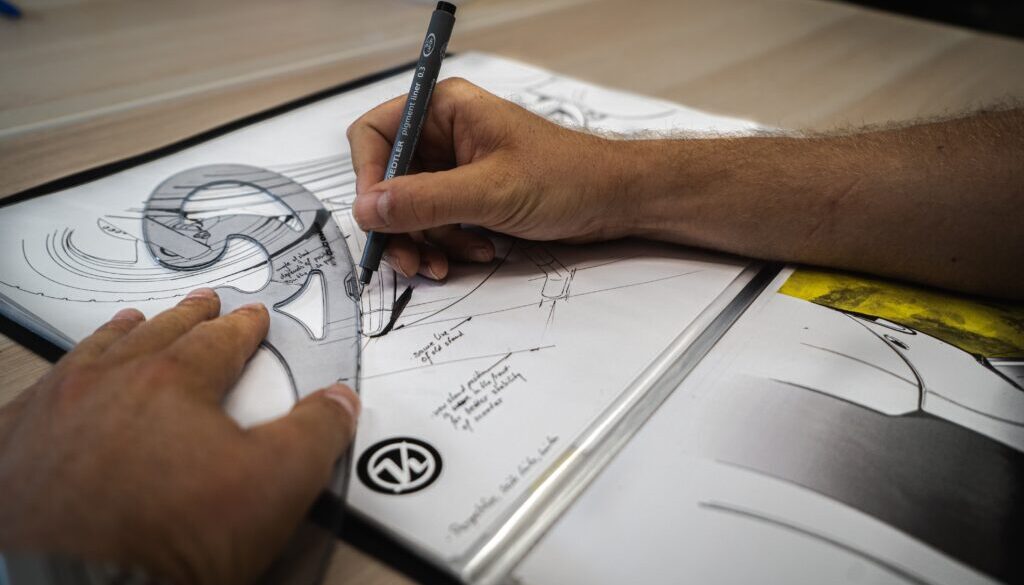Introduction :
In the fast-paced world of manufacturing, production, and operations, the pursuit of efficiency is a driving force behind success. Enter industrial engineering, a field that specializes in analyzing, designing, and optimizing complex systems to achieve maximum efficiency, productivity, and quality. In this comprehensive guide, we’ll dive deep into the role of industrial engineering in unlocking efficiency and revolutionizing processes across various industries.

Understanding Industrial Engineering
At its core, industrial engineering (IE) is all about finding ways to do things better, faster, and with higher quality. It applies scientific principles, mathematical modeling, and engineering methodologies to enhance processes, systems, and workflows. IE professionals focus on eliminating waste, reducing costs, improving productivity, and ensuring that every aspect of a system contributes to its overall success.
Key Concepts and Methodologies
**1. *Process Optimization:*
Industrial engineers are adept at identifying bottlenecks, inefficiencies, and redundancies within processes. They use techniques like Value Stream Mapping (VSM) to visualize the entire workflow and Lean principles to eliminate waste and streamline operations.
**2. *Time and Motion Studies:*
By observing and analyzing human movement and task performance, industrial engineers can determine the most efficient ways to complete tasks. This is particularly valuable in areas like manufacturing, where time savings translate directly to increased productivity.
**3. *Simulation and Modeling:*
Industrial engineers use computer-based simulations to test different scenarios and predict how changes will impact a system’s performance. This helps in making informed decisions and optimizing processes without the need for real-world experimentation.
**4. *Quality Management:*
Industrial engineers play a crucial role in ensuring product and service quality. They design quality control processes, implement statistical analysis techniques, and develop strategies for continuous improvement.
**5. *Supply Chain Optimization:*
In complex supply chain networks, industrial engineers optimize inventory levels, distribution routes, and procurement strategies to minimize costs and delivery times.
Real-World Applications
**1. *Manufacturing:*
In manufacturing, industrial engineers streamline production lines, reduce cycle times, and enhance the overall flow of materials and products. They design layouts, implement automation, and fine-tune processes to maximize output while maintaining quality.
**2. *Healthcare:*
In healthcare, industrial engineers optimize patient flow, reduce wait times, and enhance resource utilization in hospitals and clinics. They help healthcare facilities operate more efficiently, ultimately improving patient care.
**3. *Logistics and Transportation:*
Industrial engineers optimize transportation routes, minimize fuel consumption, and improve delivery schedules in logistics and transportation industries. This leads to cost savings and reduced environmental impact.
**4. *Service Industries:*
From retail to banking, industrial engineers analyze customer interactions, streamline service processes, and improve customer satisfaction by reducing waiting times and increasing service quality.
Challenges and Future Directions
While industrial engineering has brought about significant improvements in efficiency, it’s not without challenges. Adapting to rapidly changing technology, addressing sustainability concerns, and managing complex global supply chains are ongoing endeavors. The rise of Industry 4.0 and the integration of IoT, data analytics, and automation present both opportunities and challenges for industrial engineers to leverage the power of digital transformation.
Conclusion
Efficiency is the backbone of modern business success, and industrial engineering is its driving force. By applying scientific principles, innovative methodologies, and data-driven analysis, industrial engineers unlock the potential for efficiency improvements across diverse industries. From manufacturing to healthcare and beyond, the impact of industrial engineering is felt wherever processes can be optimized for greater productivity, quality, and cost-effectiveness. As industries continue to evolve, industrial engineers will play a pivotal role in shaping the future of efficient and sustainable operations.







